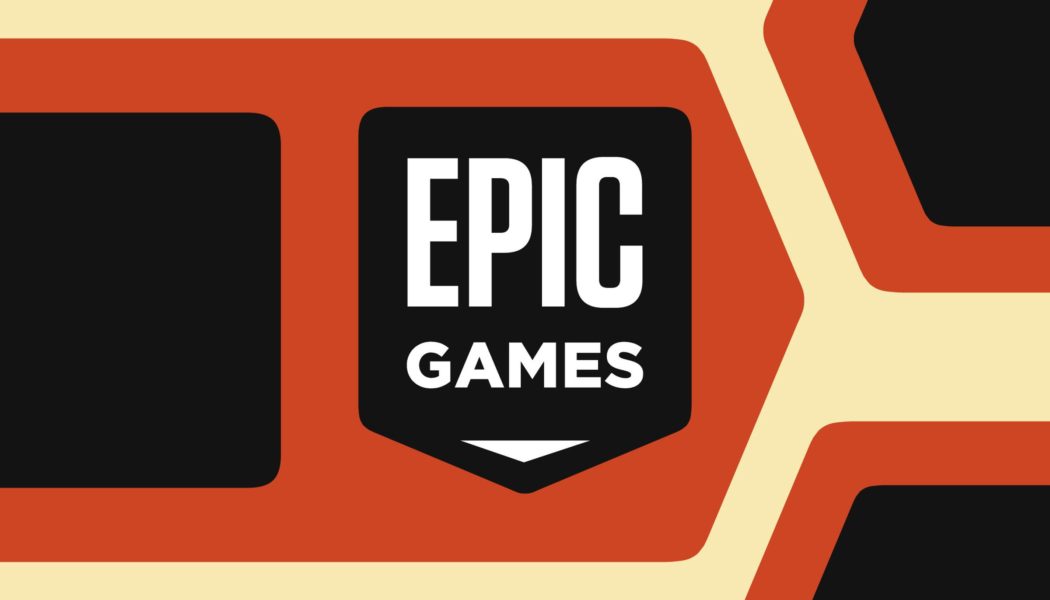As old maps return to Fortnite, so do old battles over who owns some of the emotes used in-game.
Share this story

This week, a panel of US appeals court judges has renewed the legal battle over Fortnite dance moves by reversing the dismissal of a lawsuit filed last year by professional choreographer Kyle Hanagami against Epic Games. Billboard pointed out the opinion filed on November 1st (PDF), where US 9th Circuit Court of Appeals Judge Richard Paez wrote that even if individual elements of a dance can’t be copyrighted, the arrangement can.
The lower court said choreographic works are made up of poses that aren’t protectable alone.
It found that the steps and poses of dance choreography used by characters in Fortnite were not “substantially similar, other than the four identical counts of poses” because they don’t “share any creative elements” with Hanagami’s work.
The 9th Circuit panel agreed with the lower court that “choreography is composed of various elements that are unprotectable when viewed in isolation.” However, Judge Richard Paez wrote this week that referring to portions of choreography as “poses” was like calling music “just ‘notes.’” They also found that choreography can involve other elements like timing, use of space, and even the energy of the performance.
The panel held that “poses” are not the only relevant element, and a choreographic work also may include body position, body shape, body actions, transitions, use of space, timing, pauses, energy, canon, motif, contrast, and repetition. The panel concluded that Hanagami plausibly alleged that the creative choices he made in selecting and arranging elements of the choreography—the movement of the limbs, movement of the hands and fingers, head and shoulder movement, and tempo—were substantially similar to the choices Epic made in creating the emote.
In response to an inquiry from The Verge, Hanagami’s lead attorney David Hect said “The Court’s holding is extremely impactful for the rights of choreographers, and other creatives, in the age of short form digital media,” and that his client looks forward to litigating his claims against Epic.
Epic has already fought multiple lawsuits over Fortnite’s “emote” feature, which lets players trigger animations that emulate popular dance moves. In 2020, it won one of those cases, though a judge let a false endorsement claim go forward. Several other cases were put on hold in 2019, including one from The Fresh Prince of Bel-Air star Alfonso Ribeiro.
Now the case is going back to the district court, where the appeals court judges said “ will have a better opportunity to assess the appropriate level of copyright protection for Hanagami’s claim with the benefit of a more complete record.”
We’ve also reached out to Epic Games for comment.









